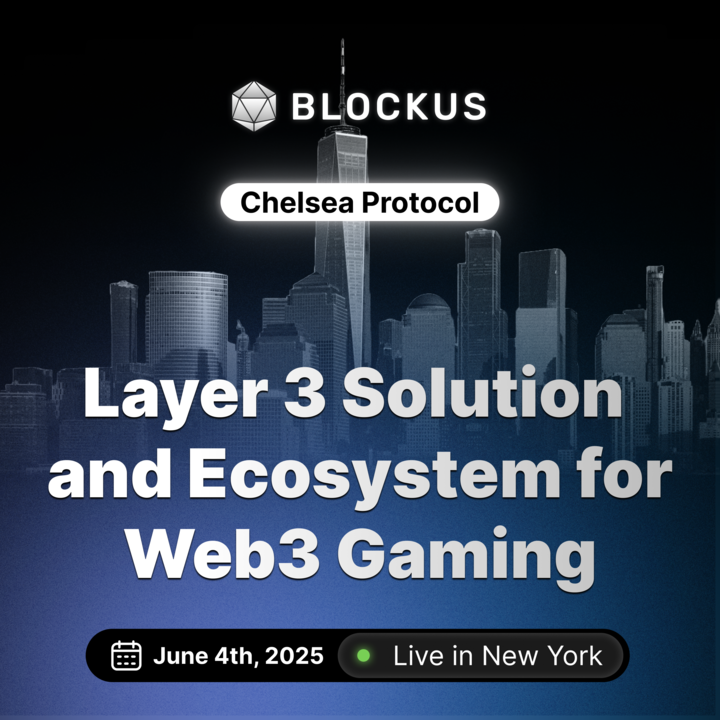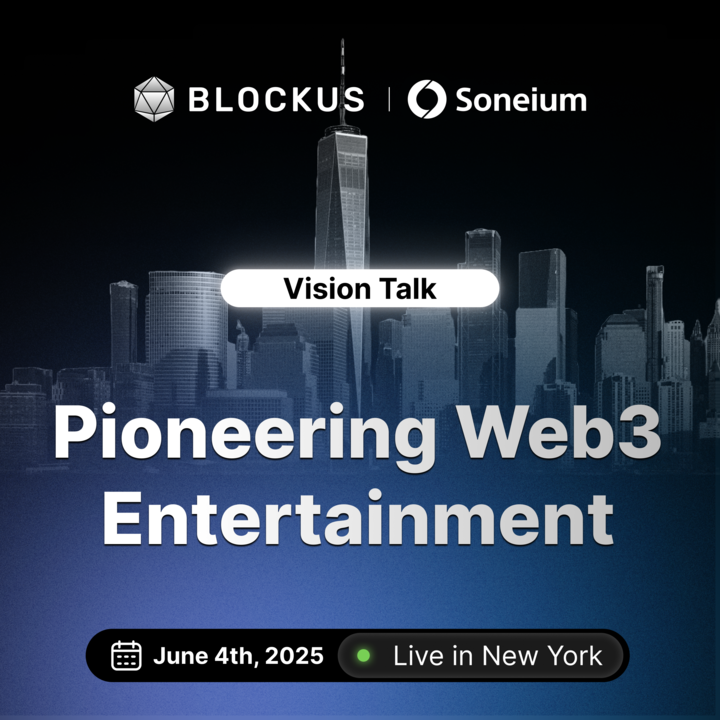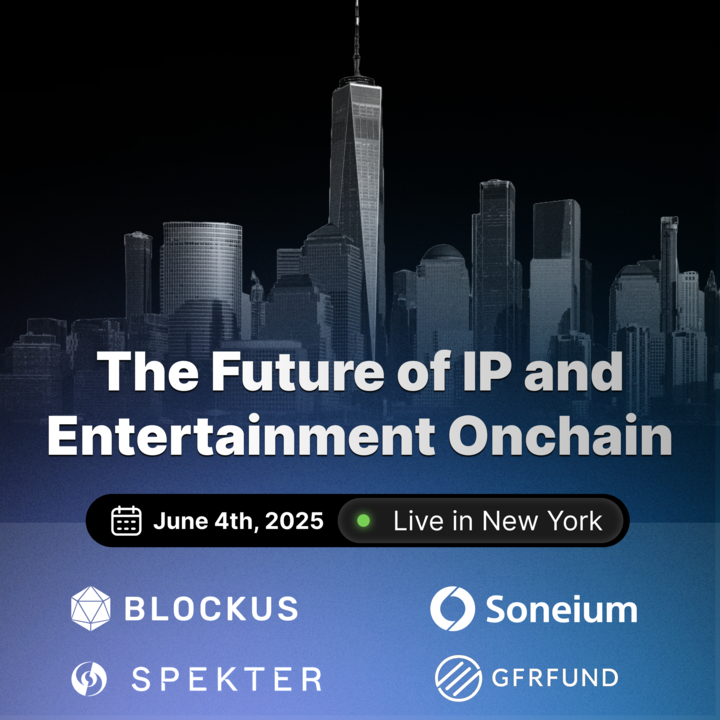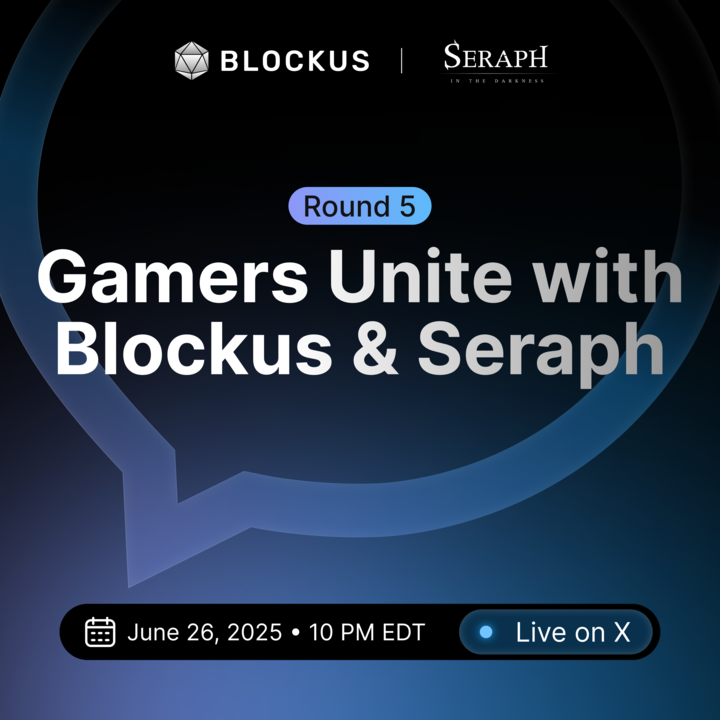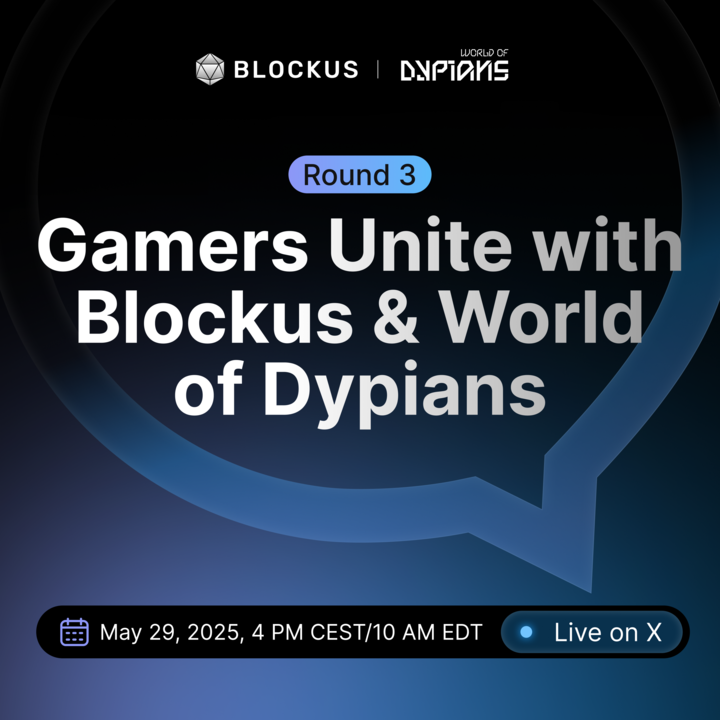Episode Transcript
[00:00:09] We can give rewards and quests for social interactions, for old game actions as well.
[00:00:18] The games can connect to Chelsea in different ways to access like the Leta layer, the deploy of contracts and the Soyengo ecosystem.
[00:00:33] Hi, thank you, thank you for coming and I will do an overview about Chelsea and how our Chelsea is our layer three structure in Soneo. So as Sota said, there is a huge problem on web3 gaming and web3 adoption from the development side. What is happening is that blockchain demands a high learning curve, especially for game developers and players.
[00:01:06] So players need to set up a wallet, need to know what is crypto, need to know what is gas. And it's really difficult to onboard users from that perspective, right? That's why we want to build tools for making easier to onboard users to web3 and make better video games, right?
[00:01:25] And also another topic that is really complex right now is like the web 3 infrastructure is not prepared for high concurrency games. So AAA games and consoles and everything are not into a point where that can happen right now. So as a result, all game developers are abandoning the Web3 feature due to complexity and there are no AAA games or not too many games on the market right now. So we want to change that, right?
[00:01:52] So while your game needs blockchain, so that is important to understand first the account management is like a big issue, like sharing databases, sharing secrets, seed phrase, everything is a problem, right? Then you have the security topic like okay, I have my GAEM server, how can I make you secure? I need to spend resources to make the security.
[00:02:16] Then we want to brave your game economy, making it feels smoother, right? You can buy assets with in game tokens, you can spend that on chain. So we want to go that direction, create engagement and experience outside the game. So that's for example, we can give rewards and quests for social interactions, for old game actions as well.
[00:02:45] So I want to talk about the infrastructure and how Chelsea will work with Sonium and with different games. So Chelsea, these are like the principles, right? We want to always build for players and game developers. That's our main focus.
[00:03:00] Then we have an internal SDK that will reduce the integration efforts and it's multi platform. So Unreal Engine, Unity websites, Telegram, everything is going to be supported eventually. So after you have access to all the Chelsea ecosystem and I will go over.
[00:03:19] Okay, if you can see here is like the big picture of what Chelsea is. It might sound complex, but we want to attack two problems, right? This is going to be like what game developers want to get solved and this is what players need to get solved, right? And we want to solve both for the gamings and the players. We would like to cap social login like with your Gmail account, telegram line, everything.
[00:03:43] You can link your your social account to a game account. Then you will always have rewards, collectible ecosystem apps. Everything is going to be tied to your identity. You don't need to create like new accounts like for example Steam or a new provider in the future, right? Everything is going to be on chain. And with your devices the games can connect to Chelsea in different ways to access like the Leta layer, the deployer contracts and the Soigno ecosystem.
[00:04:11] So that part is important to get access to all the bandlets and features that we have in mind for the games. Right? As well we can also deploy like subnets of Chelsea layer three to support the typical games that requires high concurrency.
[00:04:27] So basically with this Chelsea subnet it's going to be modular and modifiable so you can have a high trouble and custom consensus. For example, you can develop something that we call internally proof of play that basically the rewards of a block can go for a better player or distinct like rules for that into a new image of how we are solving this. Like Chelsea is going to work like in the app level for the players. So this is a telegram mini app that have on chain access to our SDK and the game can reflect all the in game interactions with on chain activity. Right. In this picture you are going to see what we call a Sovan profile. This is like how we represent a user profile on chain. This is like the user nickname, the matches player, the highest score and all the metadata that identifies the player in your game profile. So yeah, that was an overview of Chelsea and I want to now showcase like what are the modules that we are developing for making better games. We have the first one big important module that is the account structure module for building custom paymasters. Let's say you can buy NFTs with your egame tokens or any other things. For example you can exchange NFTs for another NFT. You can have quests and rewards, everything in the SDK Dynamic NFTs. So you can evolve your NFTs over time.
[00:05:51] Let's say you level up, you can change an image and things like that in game economy. So that is important as I said before to pay with your in game tokens.
[00:06:02] Then the model of staking in game trading on chain, randomness and payments. So all these are need to be packed in a friendly manner for game developers to build better games. Okay. Thank you, Sa Sam.
